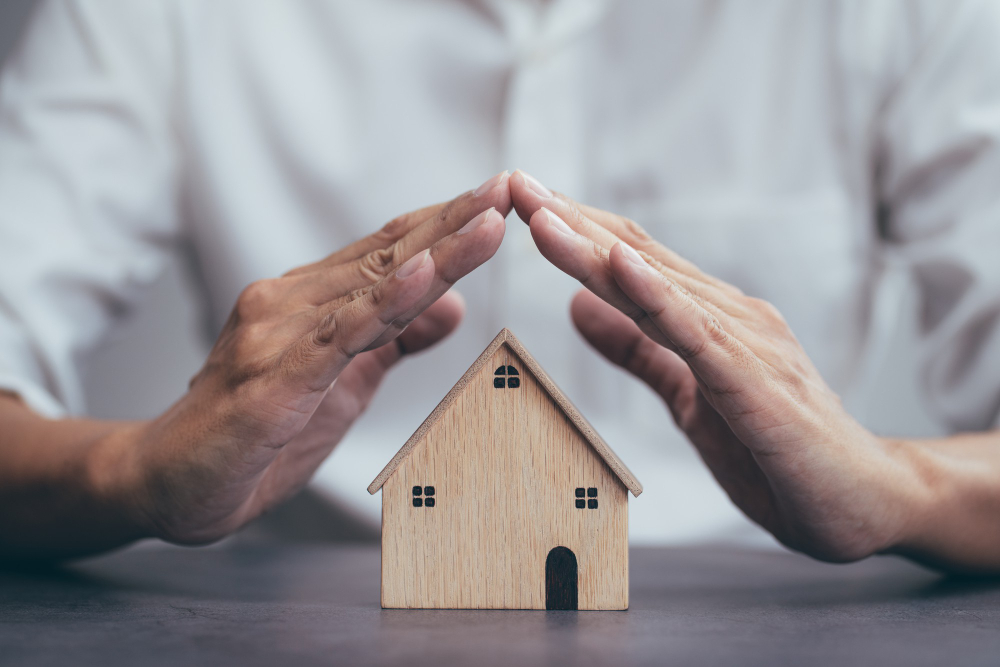 (888) 979-7969
(888) 979-7969
 (888) 979-7969
(888) 979-7969

When disaster strikes, homeowners insurance can feel like a security blanket that will protect you from the financial burden of home repairs and replacements. However, many homeowners are unaware of the common limitations and exclusions present in their insurance policies. From natural disasters to unusual occurrences, there's a myriad of potential damages that aren't typically covered by standard homeowners' insurance policies. This blog post will explore those hidden gaps in coverage and provide guidance on what you can do to protect your home and assets.
As a homeowner, understanding these limitations is crucial — especially when seeking assistance from an insurance claims adjuster in Orlando, FL. It's important to have a clear picture of what your insurance policy encompasses and when to reach out for professional help to navigate the complexities of your insurance coverage.
One of the most common misconceptions about homeowners insurance is coverage against all types of natural disasters. In reality, policies vary greatly, and several natural phenomena are often not covered:
Flooding can cause extensive damage to your home, but standard homeowners insurance does not cover it. You'll need separate flood insurance, particularly if you live in a flood-prone area. The same goes for damage due to earth movement, such as earthquakes, landslides, and sinkholes — except in rare circumstances, these require additional riders or policies.
Mold can be a costly consequence of water damage, and its removal is typically not covered unless it's directly related to a claim that’s covered under your standard policy. Similarly, infestations of termites, rats, or other pests are deemed preventable with regular maintenance, so they're not covered.
Sewage backup could create a serious problem in your home. Standard homeowners insurance often excludes damage from sewer backup or water line breaks. Additional water backup coverage can be added to your policy, providing extra security.
Most policies have limited coverage for high-value personal property, such as jewelry, art, collectibles, or antiques. To fully protect these items, supplemental insurance known as a "floater" is typically required.
This might seem obvious, but any damage that is the result of an intentional act by the homeowner or criminal behavior is not covered. This provision is in place to discourage insurance fraud and criminal activity.
Homeowners' insurance often excludes so-called "attractive nuisances", such as trampolines and swimming pools. These items attract children and can increase the risk of injury on your property, thereby increasing potential liability.
Homeowners insurance doesn't typically cover issues that arise from wear and tear or neglect. It's a homeowner’s responsibility to maintain their home, which includes regular repairs and regimen upkeep.
If a power failure occurs off your property and causes loss to your home, most standard policies will not cover this. If the power loss occurs within your home and it's due to a covered hazard, then you may have coverage.
Any damage to your property from a government action, such as confiscation or destruction of property, is not covered by homeowners insurance.
Awareness is the first line of defense. Understand the coverage and limits of your current policy, review it annually, and adjust as needed. If there are gaps, consider purchasing additional coverage to safeguard against specific risks pertinent to your location or situation. Maintain your home diligently to prevent issues related to wear and tear and keep a detailed inventory of your belongings to facilitate the claims process.
If you've experienced property damage and your claim is complex or significant, it may be beneficial to seek the services of an insurance claims adjuster in Orlando, FL. A professional adjuster can help you understand the scope of your coverage, accurately estimate repair costs, and ensure that the claims process goes smoothly so that you receive a fair settlement.
If you're navigating the aftermath of property damage and you're uncertain about your insurance coverage, contact Ultra Property Damage today for a free consultation. An experienced claims adjuster can provide the guidance and support required to manage the claims process effectively, ensuring that you obtain the benefits your insurance policy promises.
Homeowners insurance can be a lifesaver in the event of unexpected property damage. However, knowing what is and isn't covered is paramount. By understanding the exclusions, preparing for potential gaps, and seeking professional help from an insurance claims adjuster in Orlando, FL when needed, you can avoid unpleasant surprises and ensure that you're truly protected.
Remember, the right knowledge and preparation can make all the difference in safeguarding your home and your peace of mind.